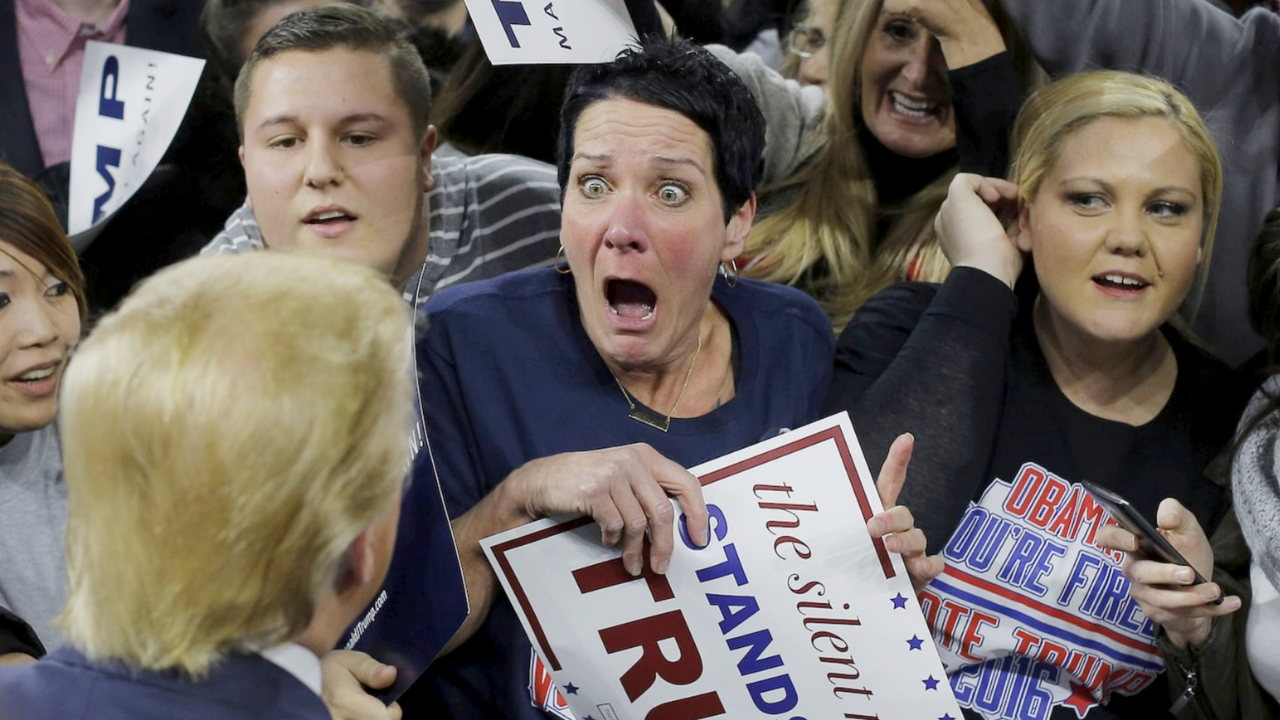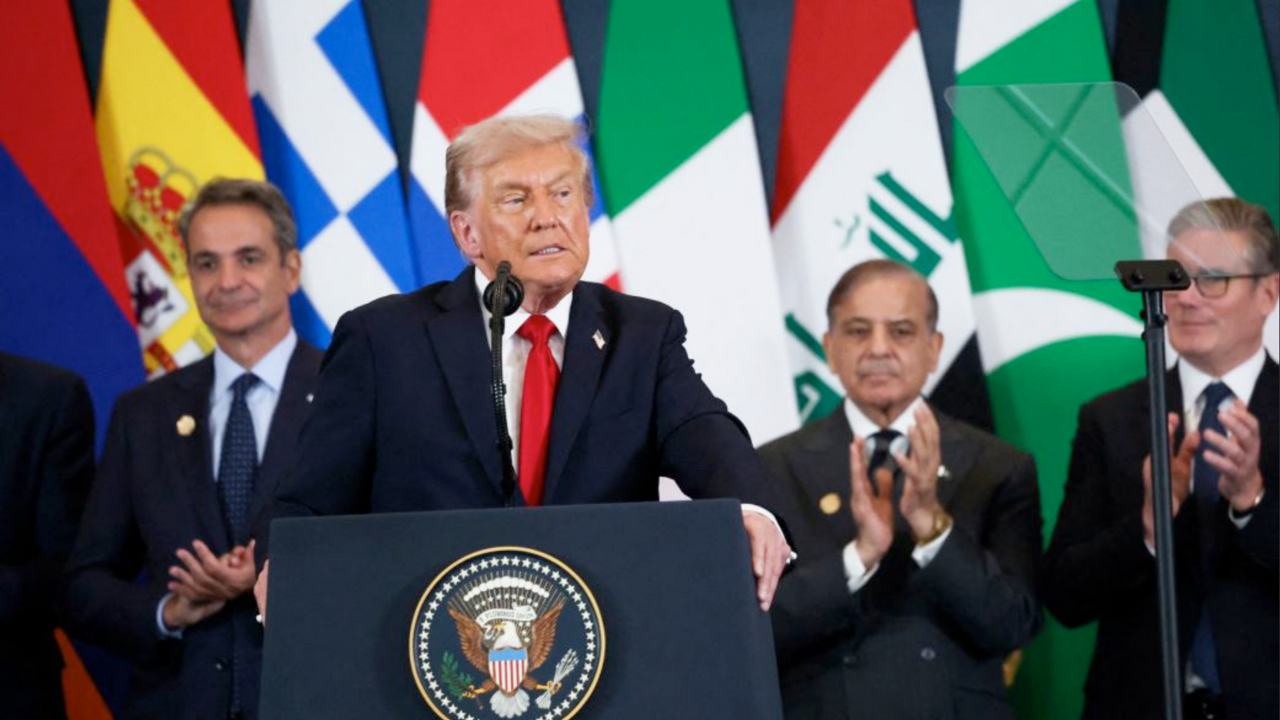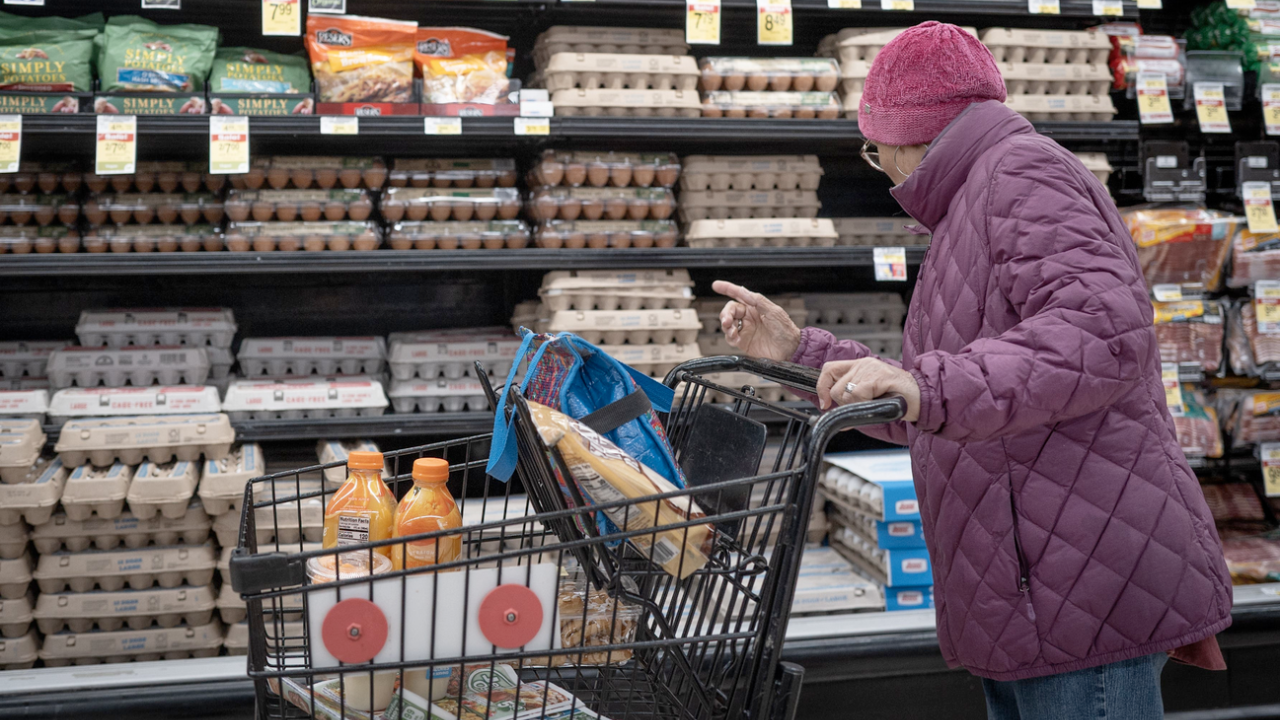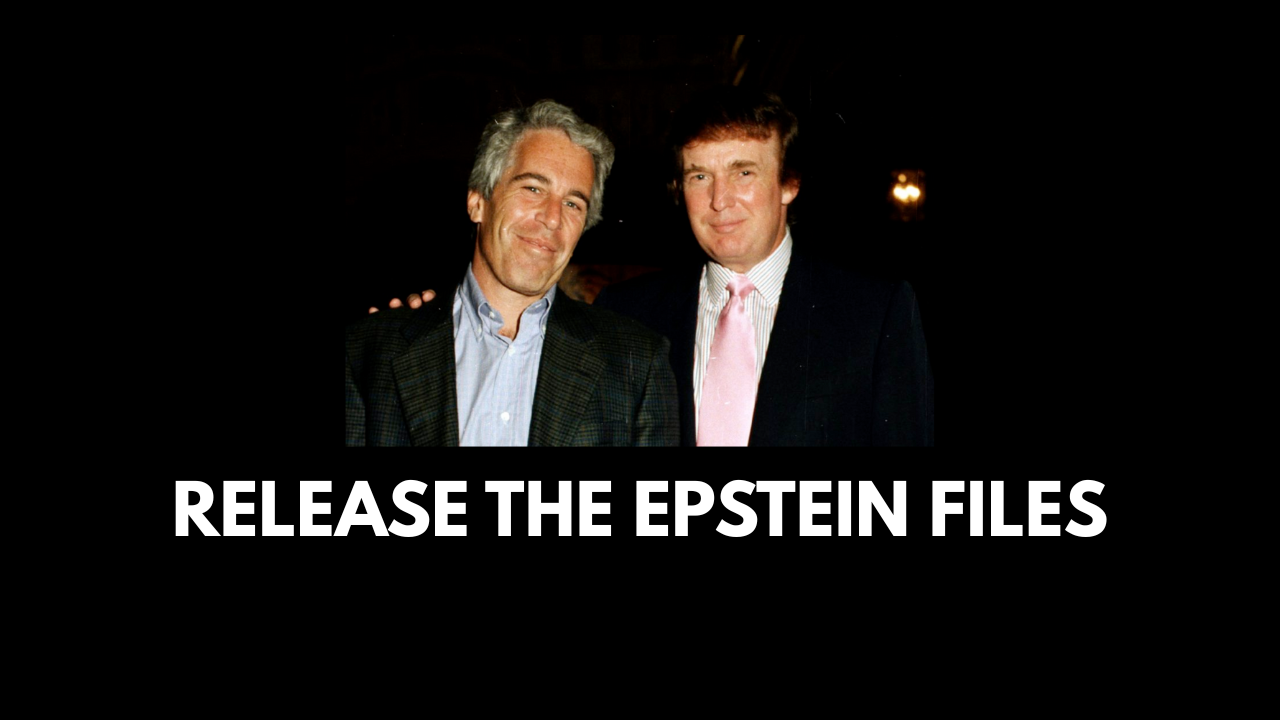
Linda Weavil, a 76-year-old retiree who cast her ballot for Donald Trump in 2024 specifically because he "seems like a smart businessman," recently discovered that the president's signature economic policy is having economic consequences that affect her personally.
Weavil, who praised Trump's business acumen while voting to give him control of the world's largest economy, reported feeling blindsided by the fact that the tariffs she presumably knew he would implement have made her church fundraiser chocolate-covered pecans more expensive.
"I think he's doing a great job on a lot of things, but I'm afraid our coffee and chocolate prices have gone up because of tariffs," Weavil told reporters in a statement that political scientists are calling "a perfect encapsulation of the 2024 electorate." "That's a kick in the back of the American people."
The retiree, who apparently believed tariffs were something that would only happen to other people's consumer goods, joins millions of Americans who voted for explicit policy promises and now find themselves shocked that politicians sometimes keep those promises.
Economic analysts note that coffee and chocolate prices have risen dramatically since Trump's "Liberation Day" tariffs took effect, with Brazilian coffee facing 50% duties and Swiss chocolate hit with 39% tariffs. The price increases have been well-documented by economists, business owners, and apparently everyone except the people who voted for the candidate who explicitly campaigned on implementing broad tariffs.
"It's particularly ironic given that Trump literally ran on 'Liberation Day' tariffs as a signature campaign promise," said Dr. Patricia Morrison, a political economist at Duke University. "It's like voting for the 'Free Puppies for Everyone' candidate and then being upset when a puppy shows up at your door and you have to feed it."
Weavil's church fundraiser, which sells chocolate-covered pecans to support local charitable causes, has reportedly seen costs increase as global supply chains react to the highest tariff rates America has imposed since 1935. The average American household is projected to pay an additional $2,400 this year due to the tariffs, according to Yale Budget Lab analysis.
When asked whether she considered that voting for a candidate who promised sweeping tariffs might result in the implementation of sweeping tariffs, Weavil said she remained supportive of the president on "a lot of things," though she declined to specify which things those were, or whether any of them included the availability of affordable pecans.




